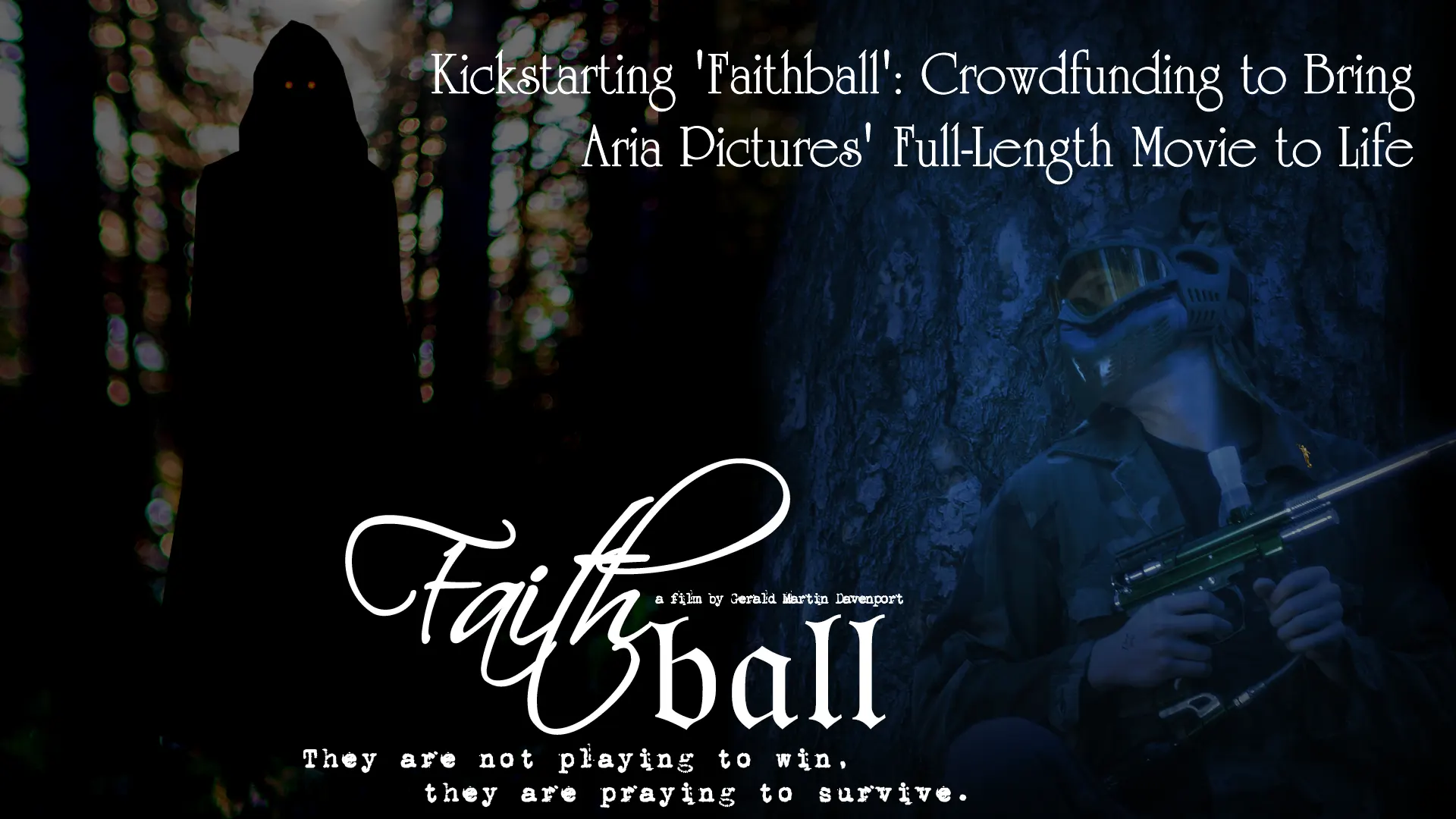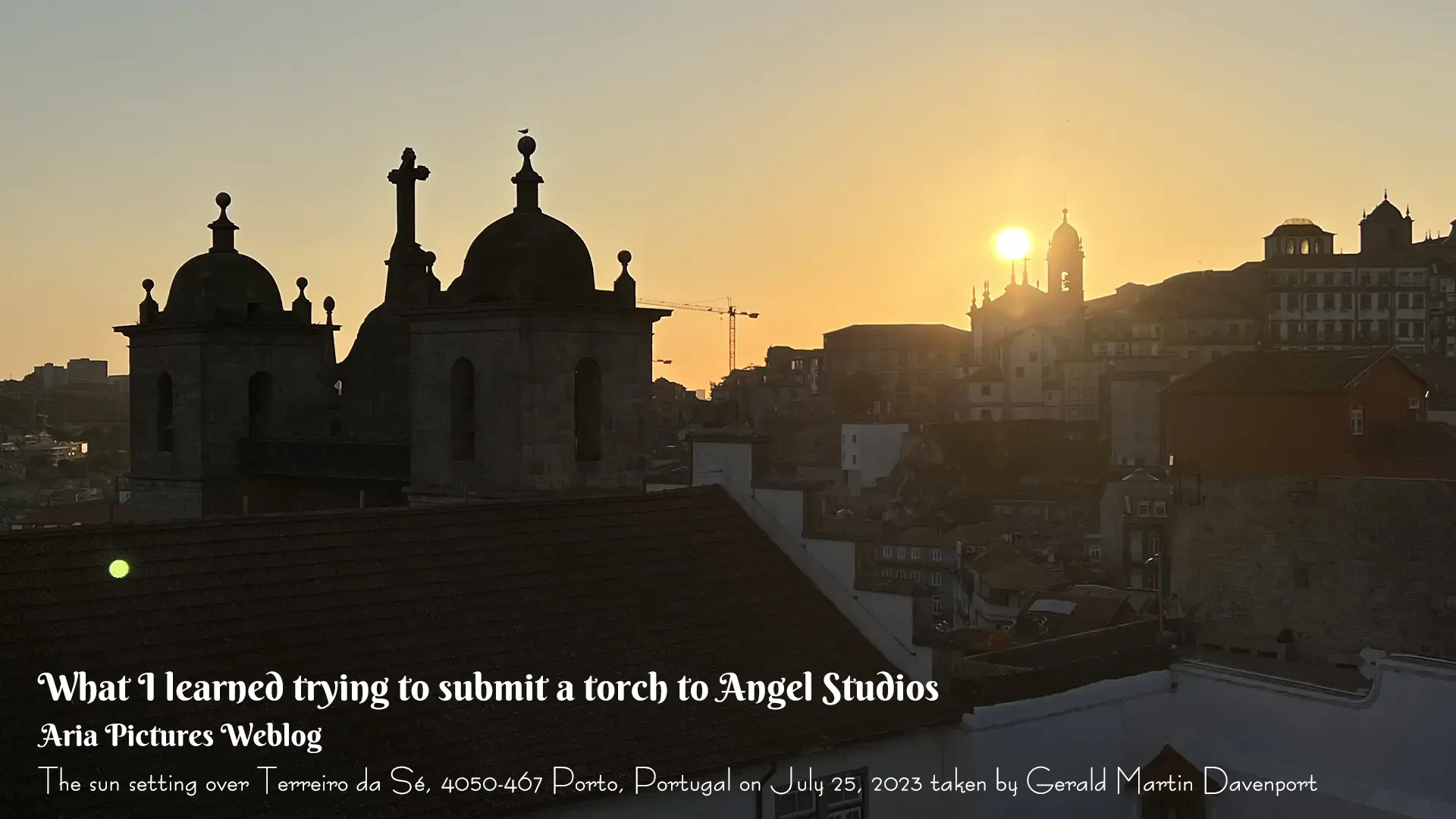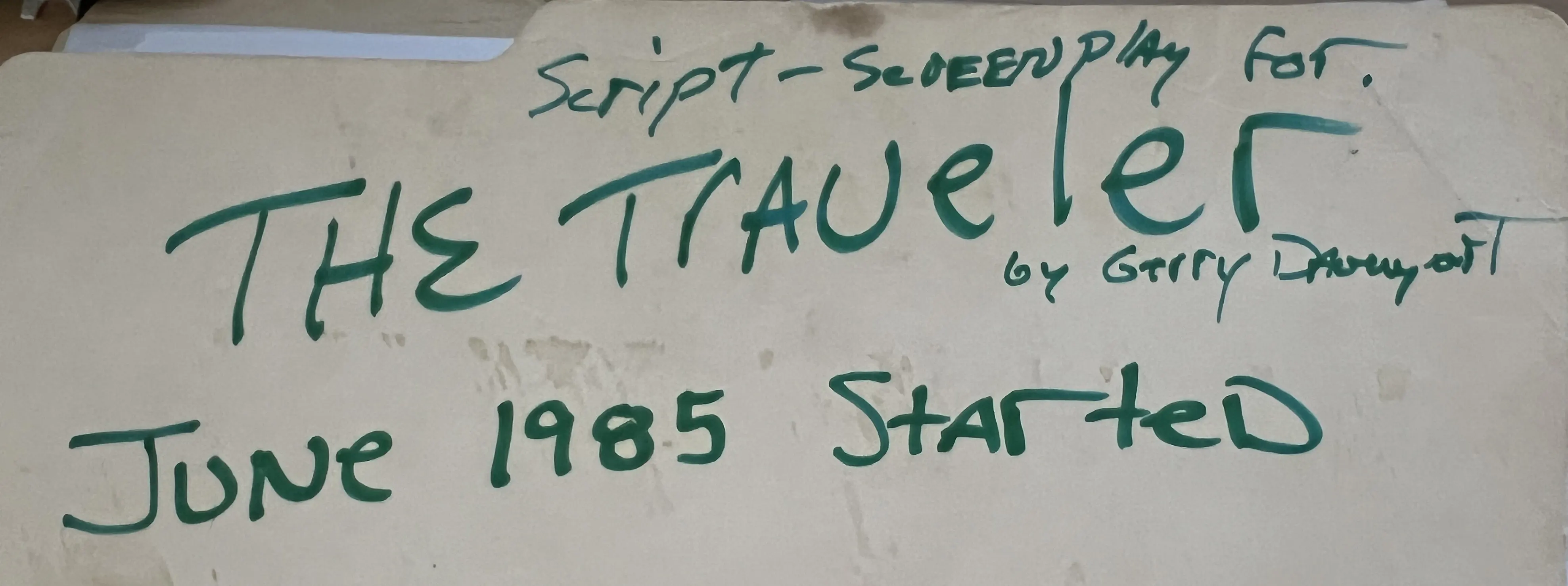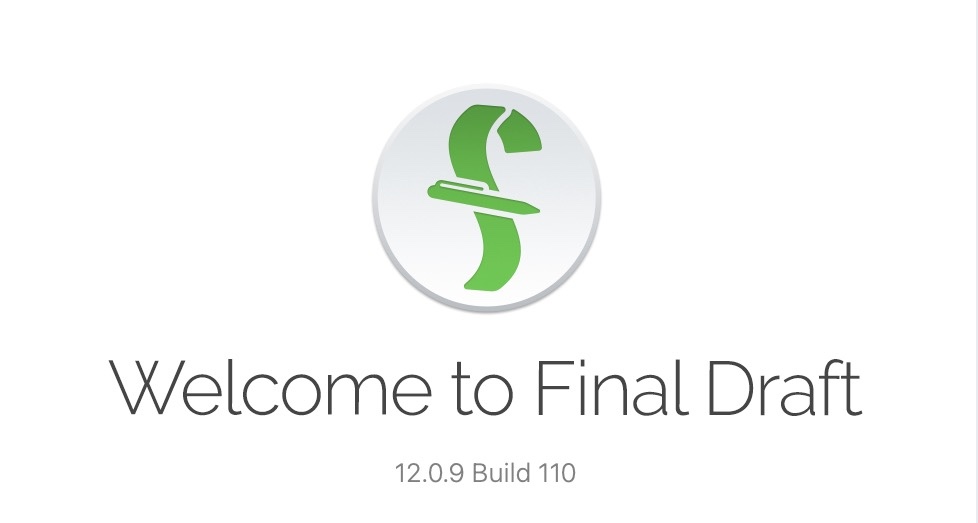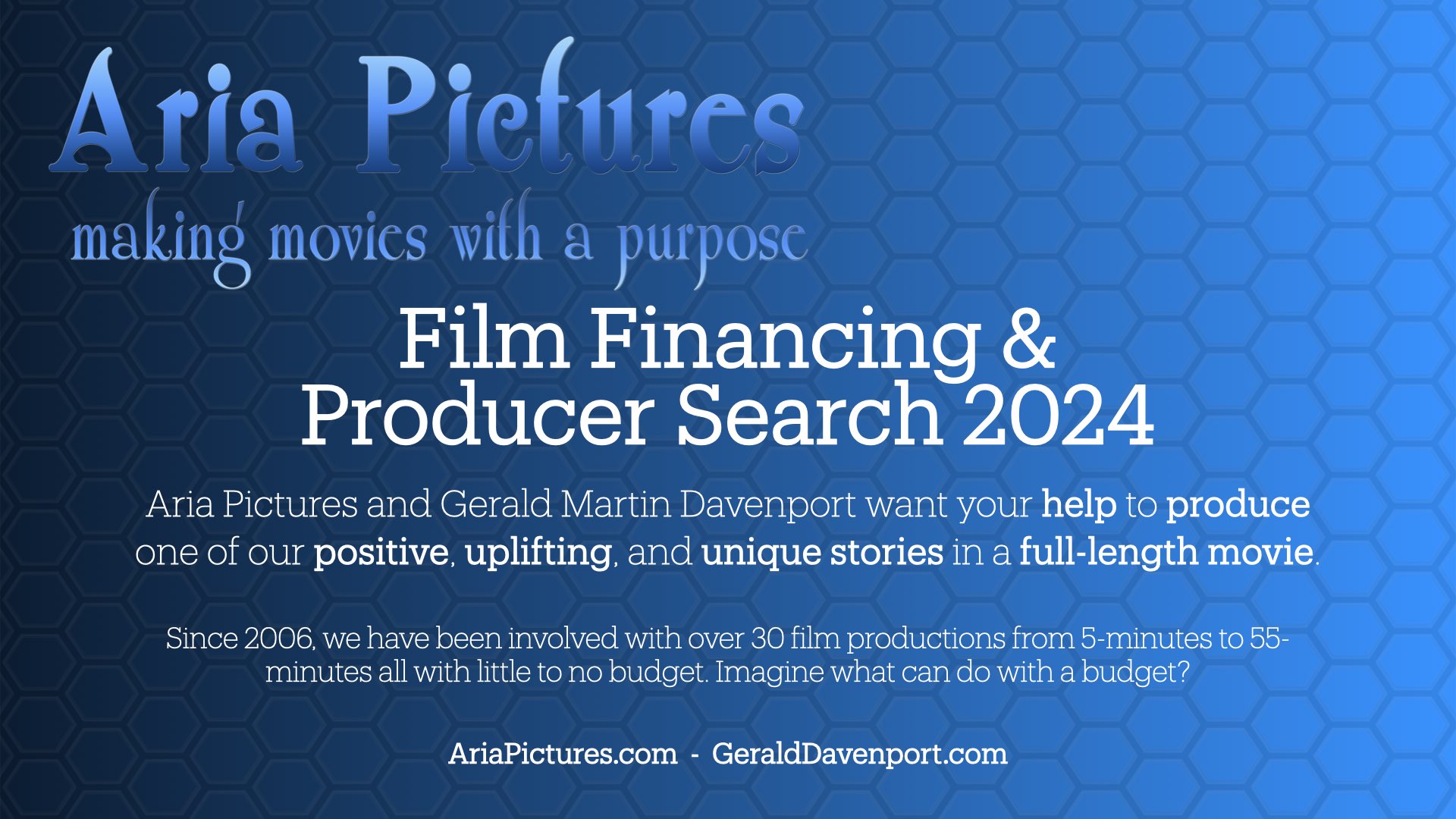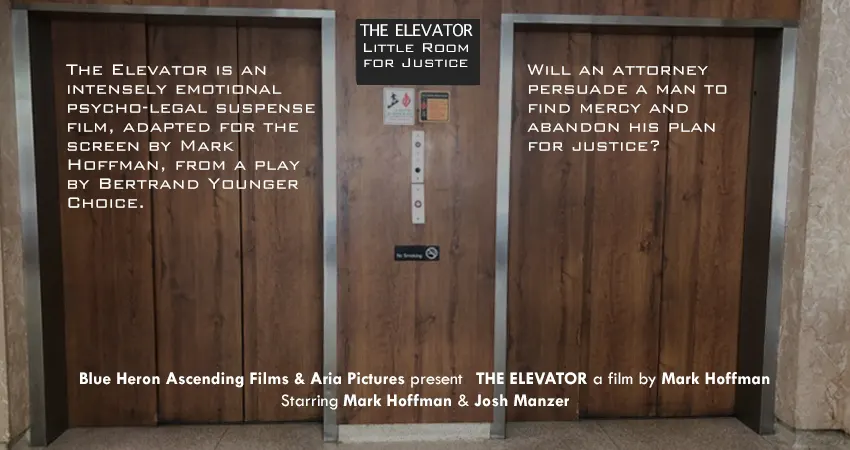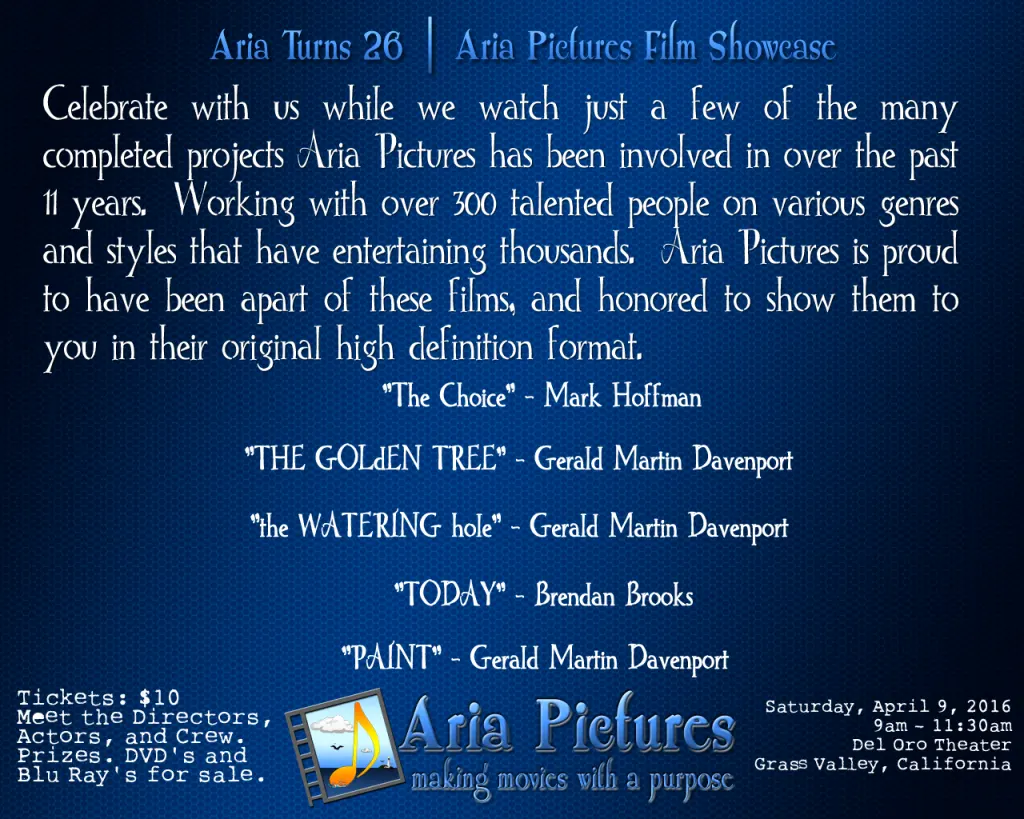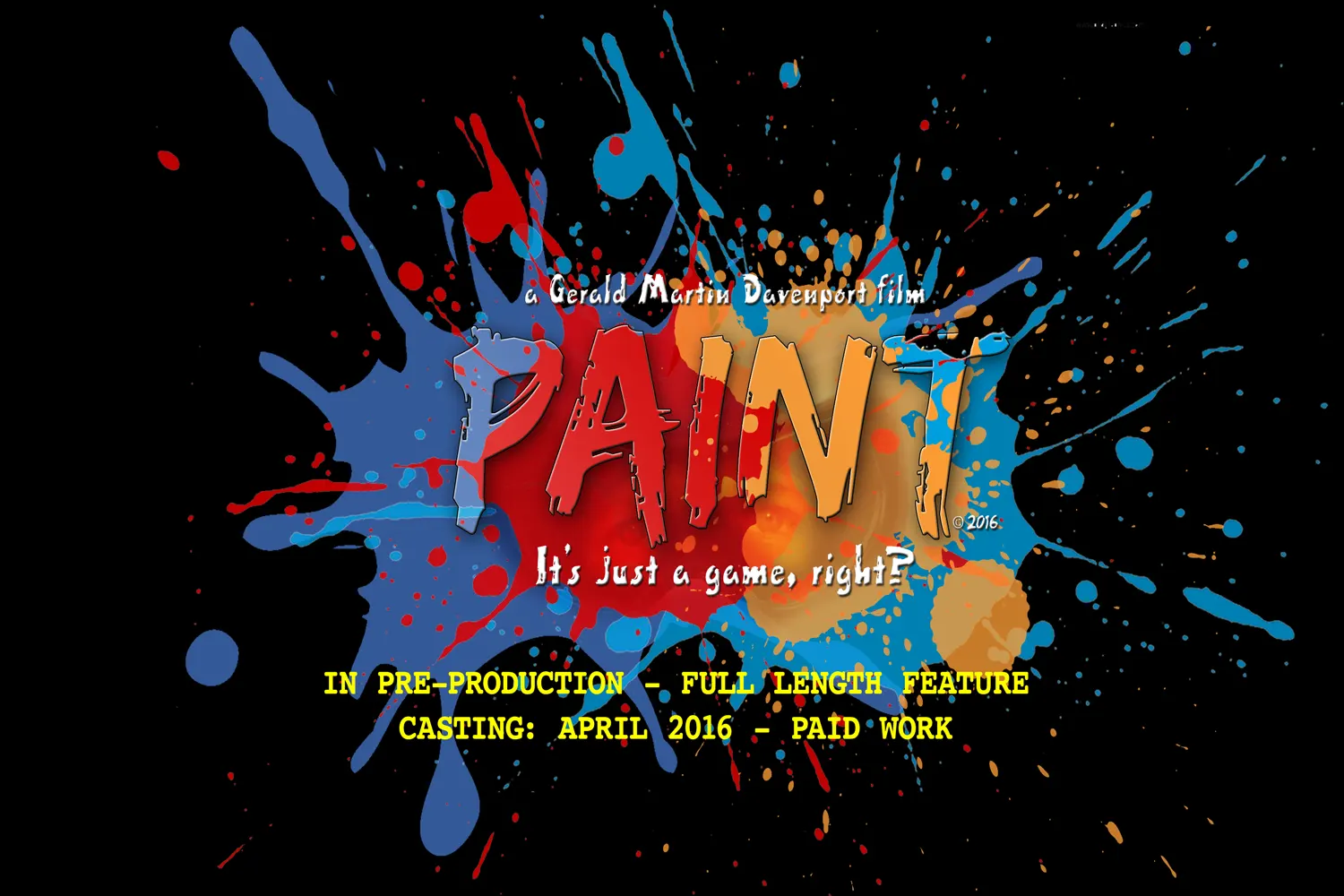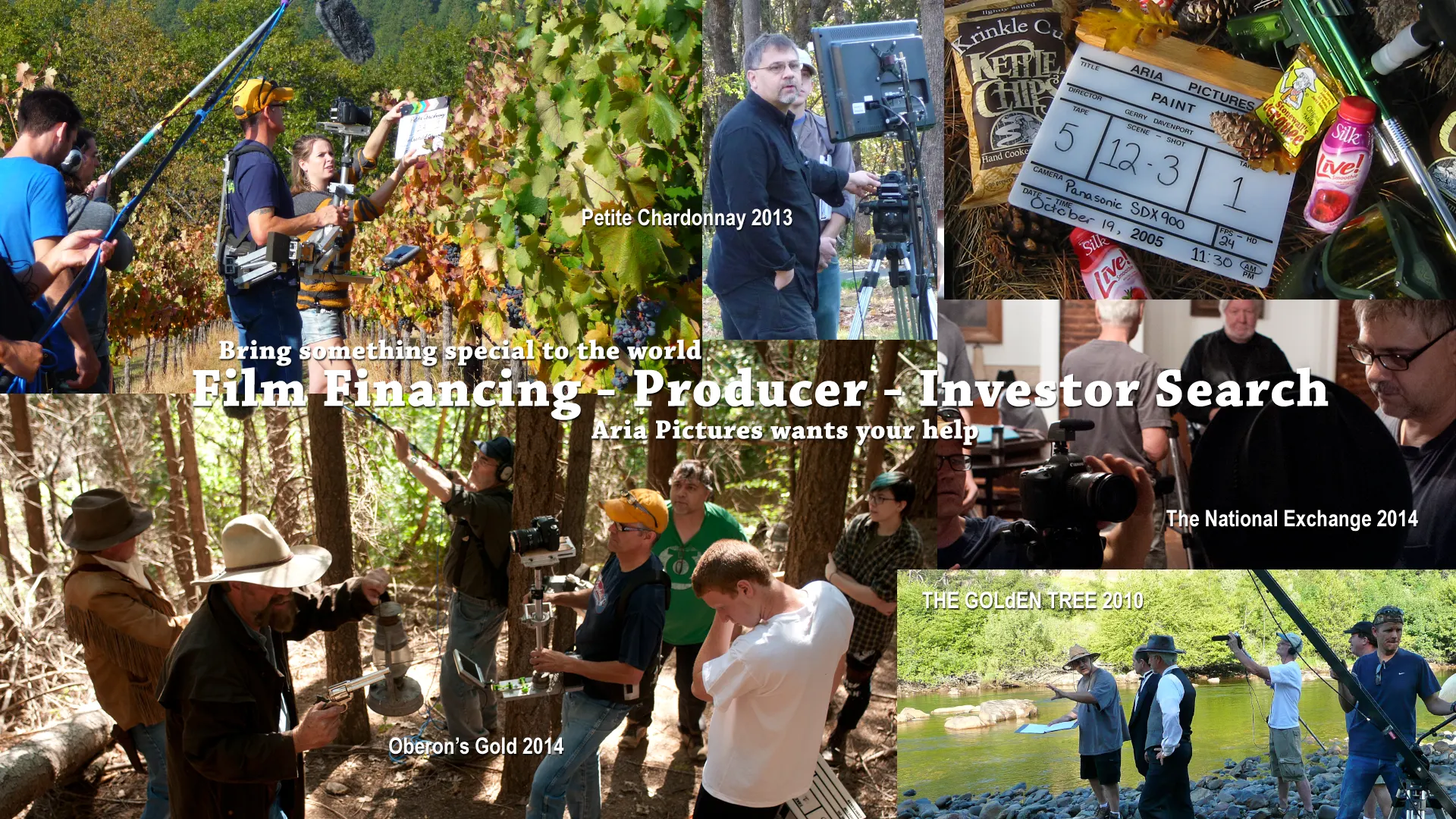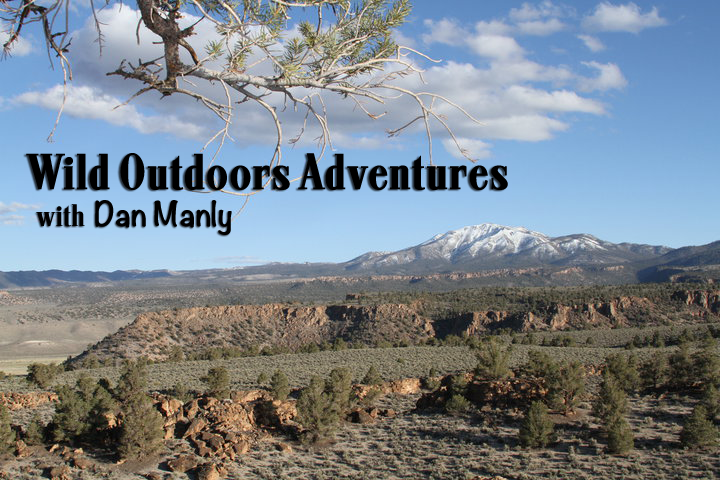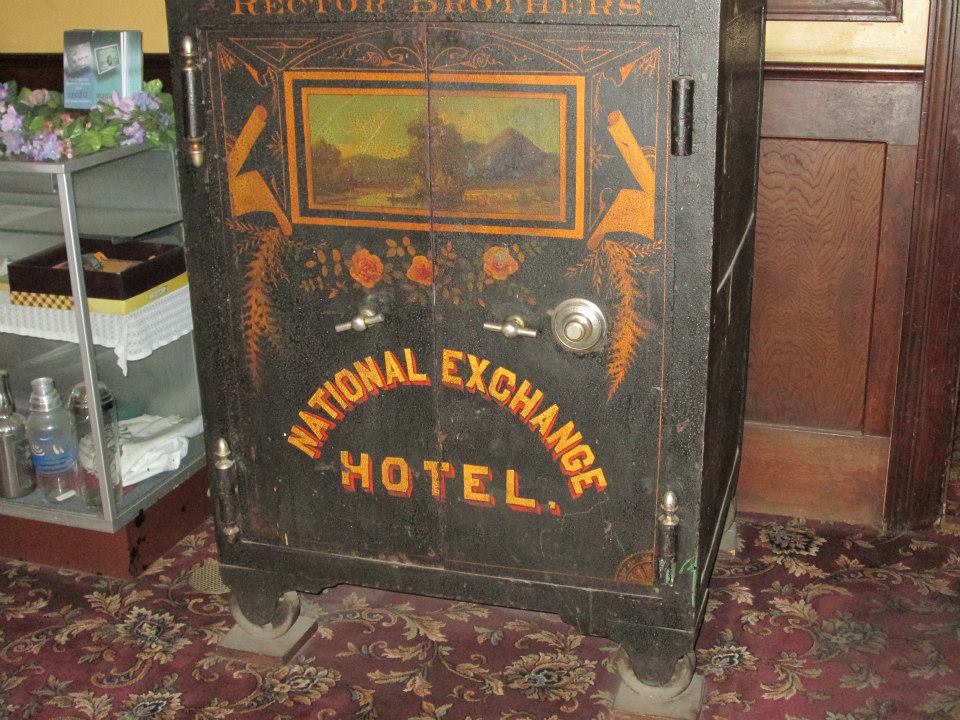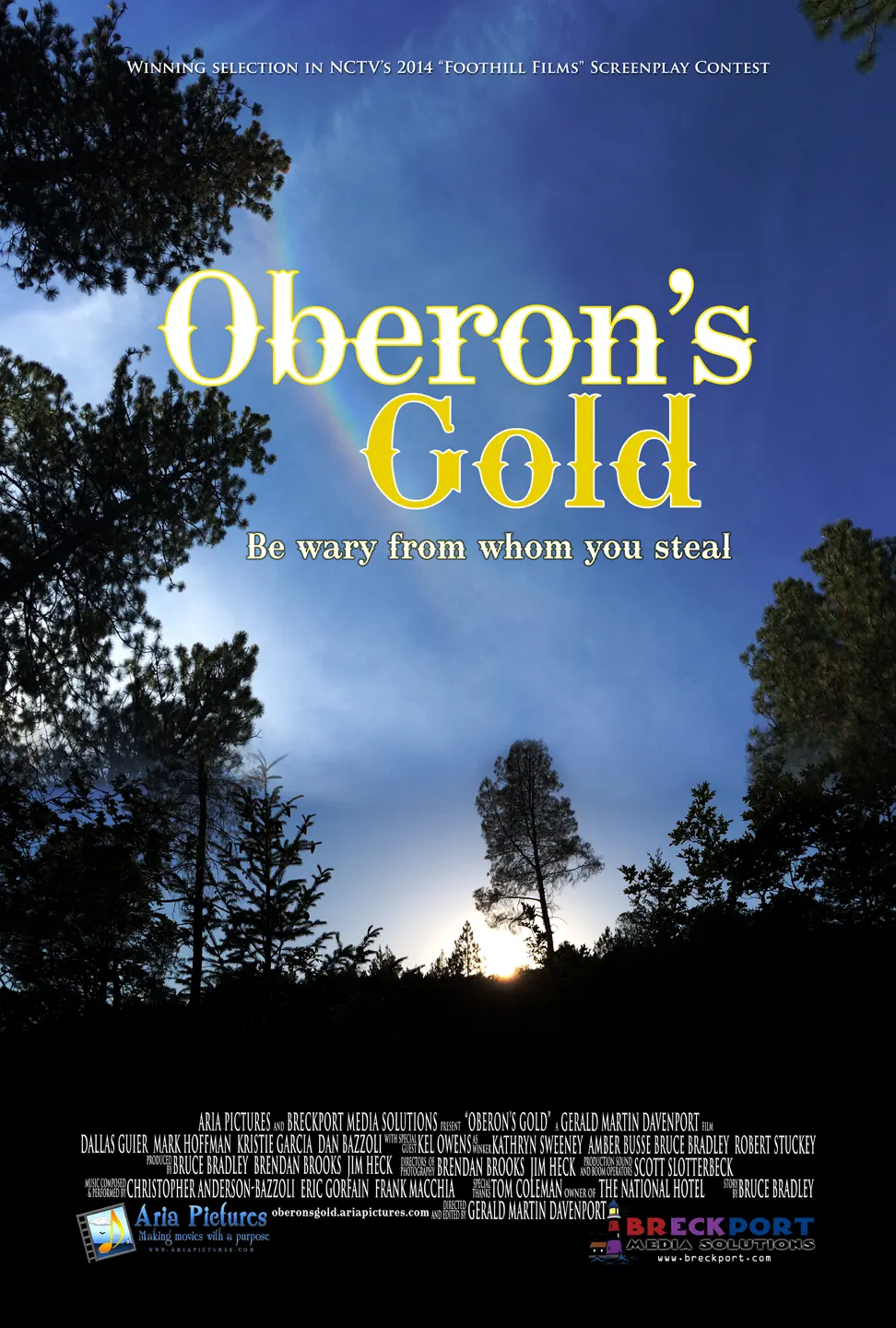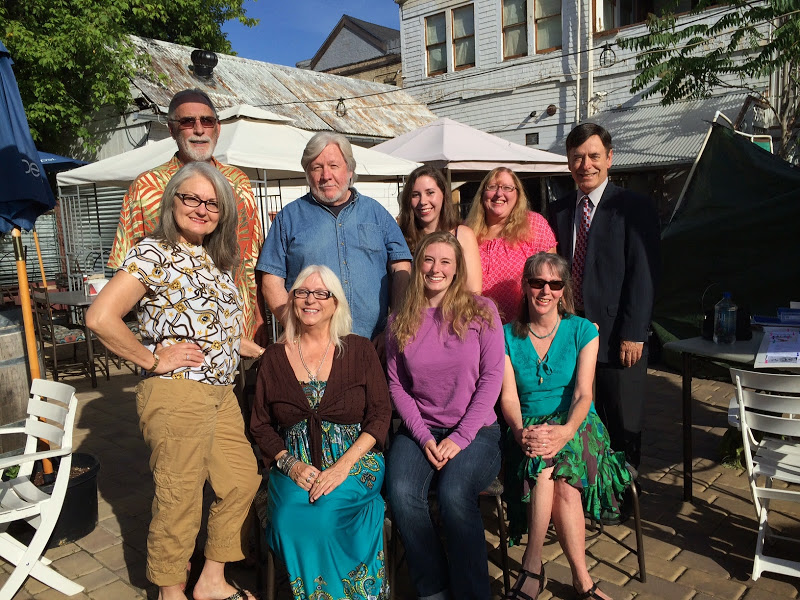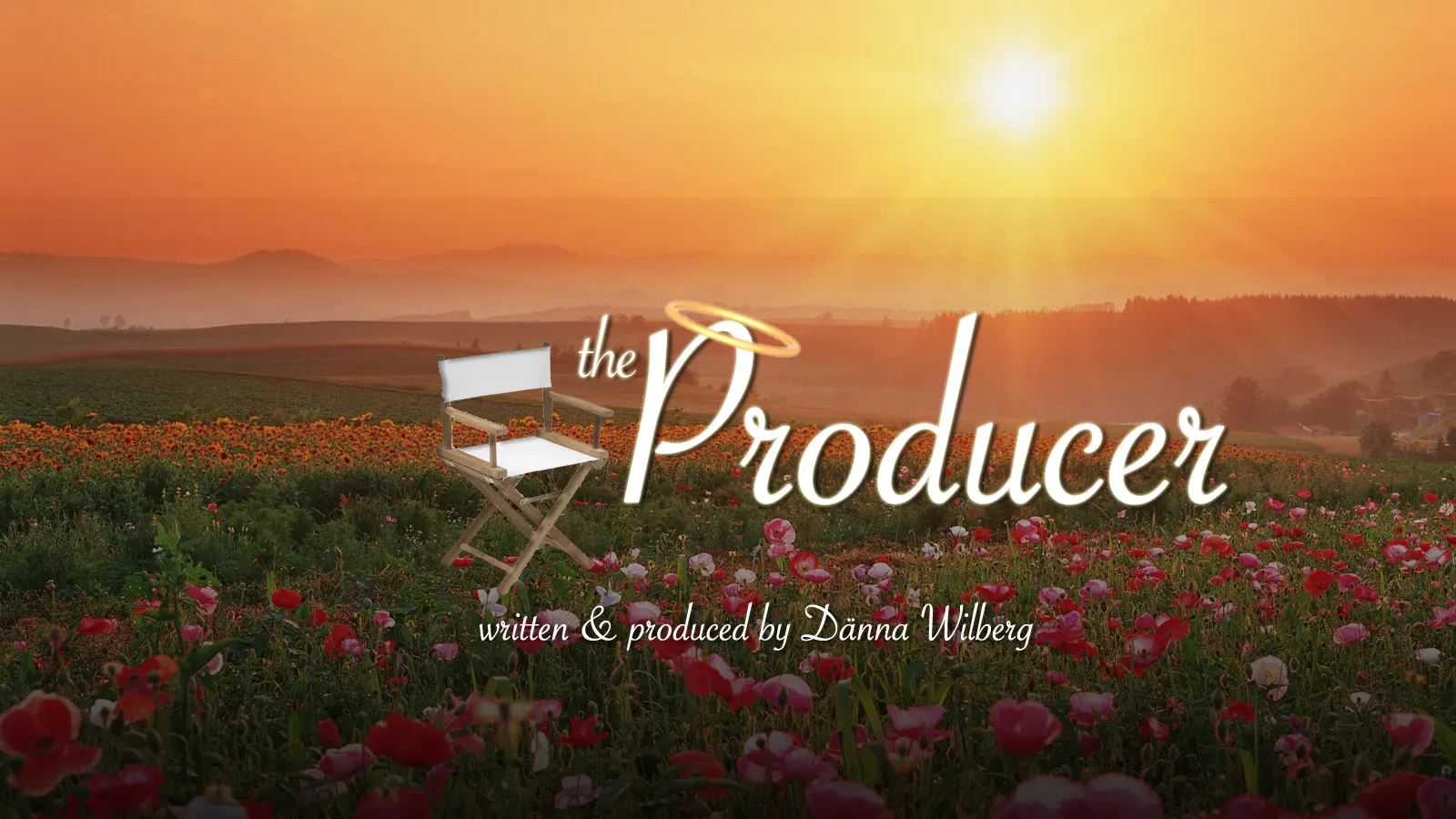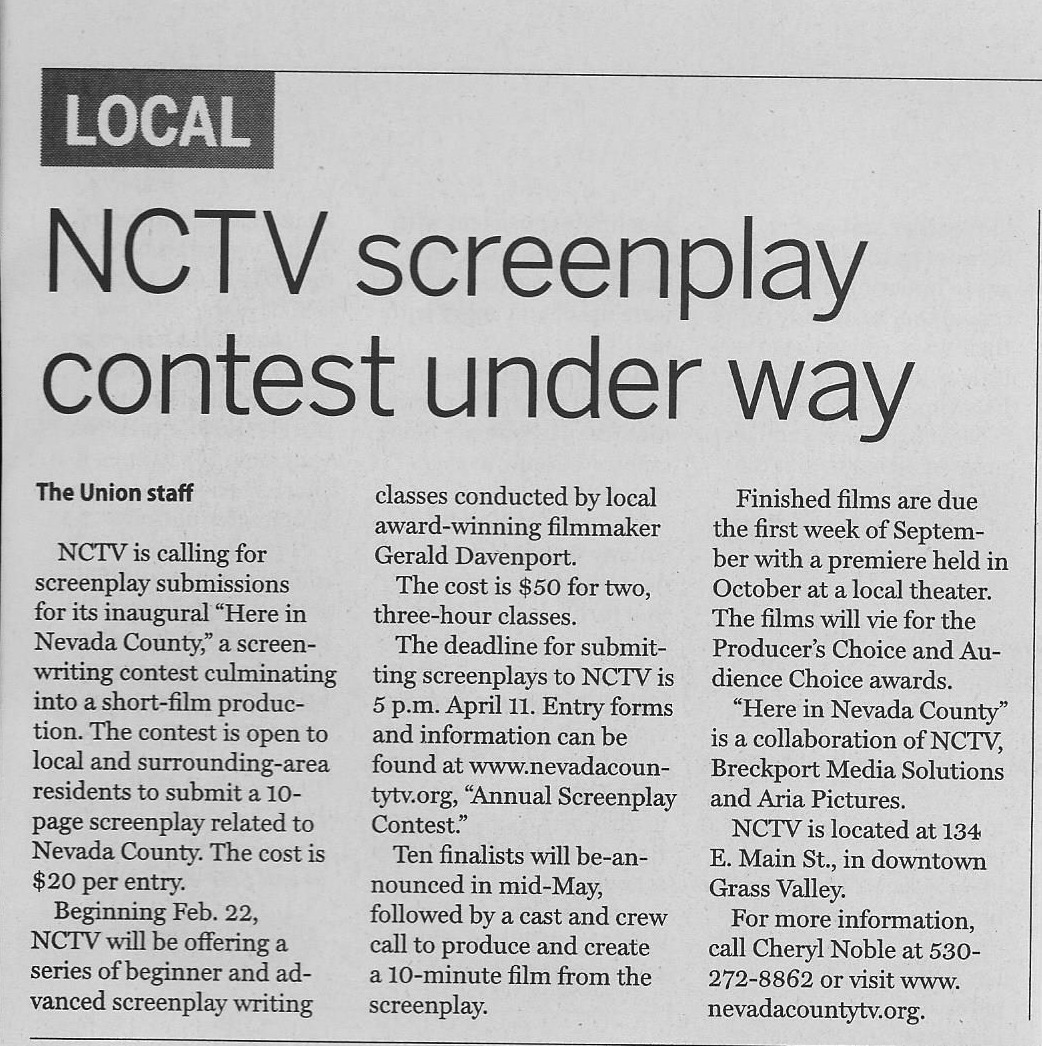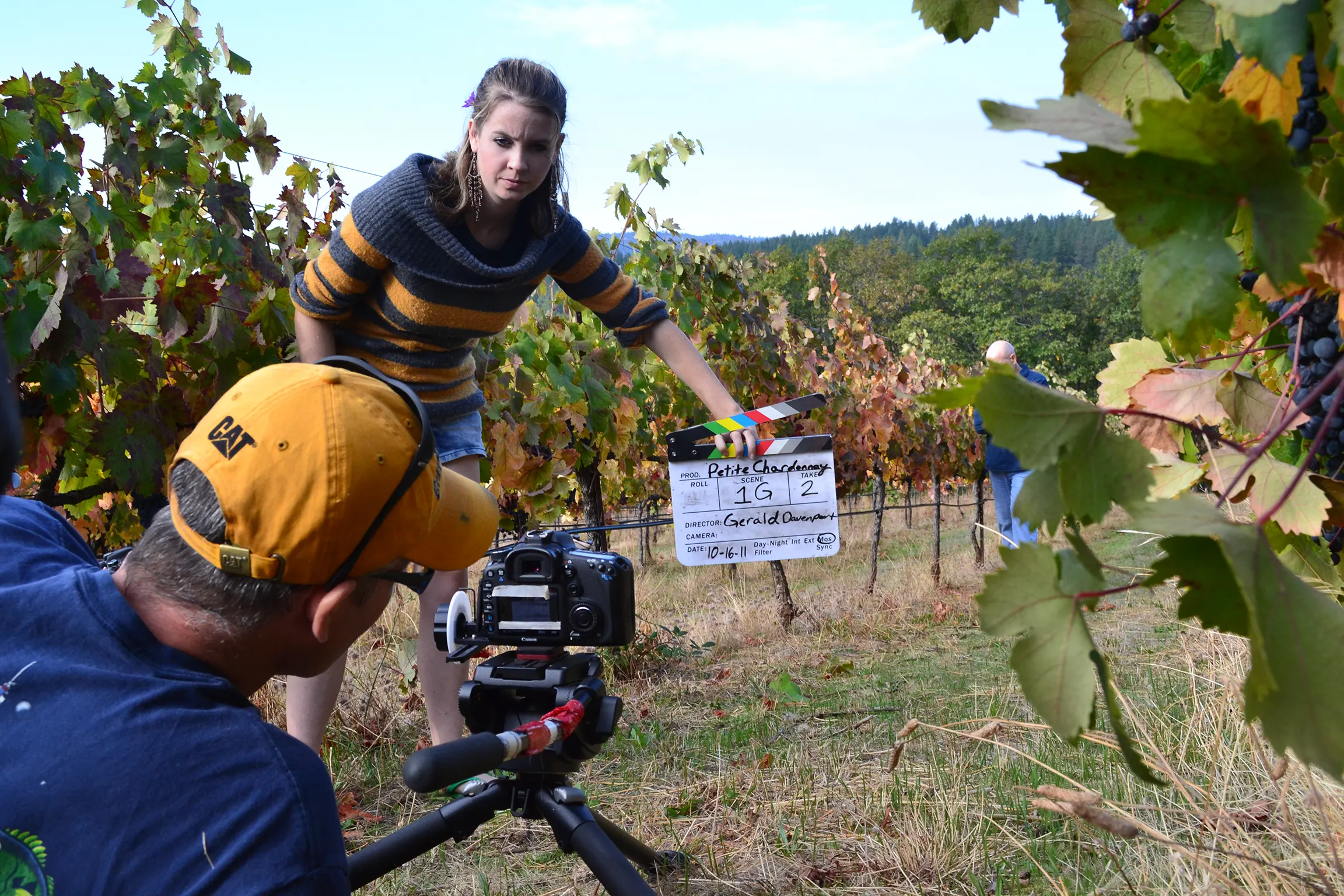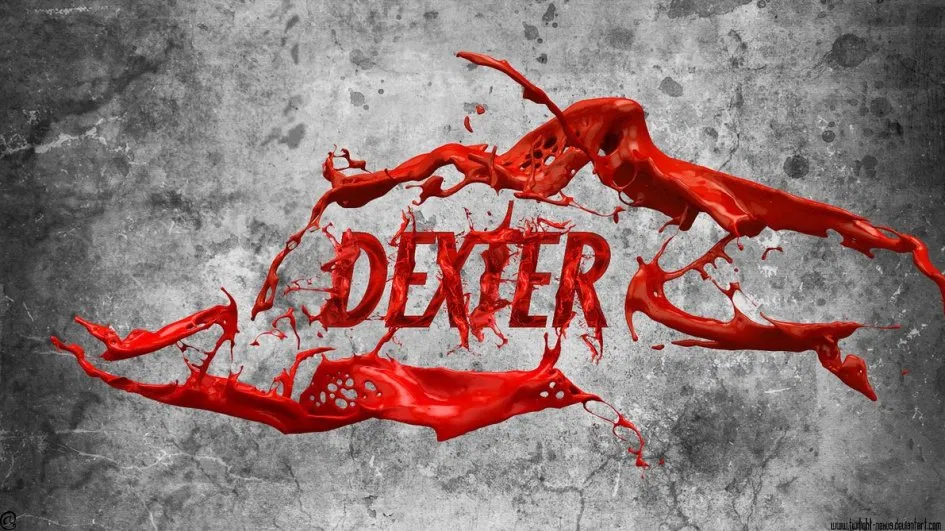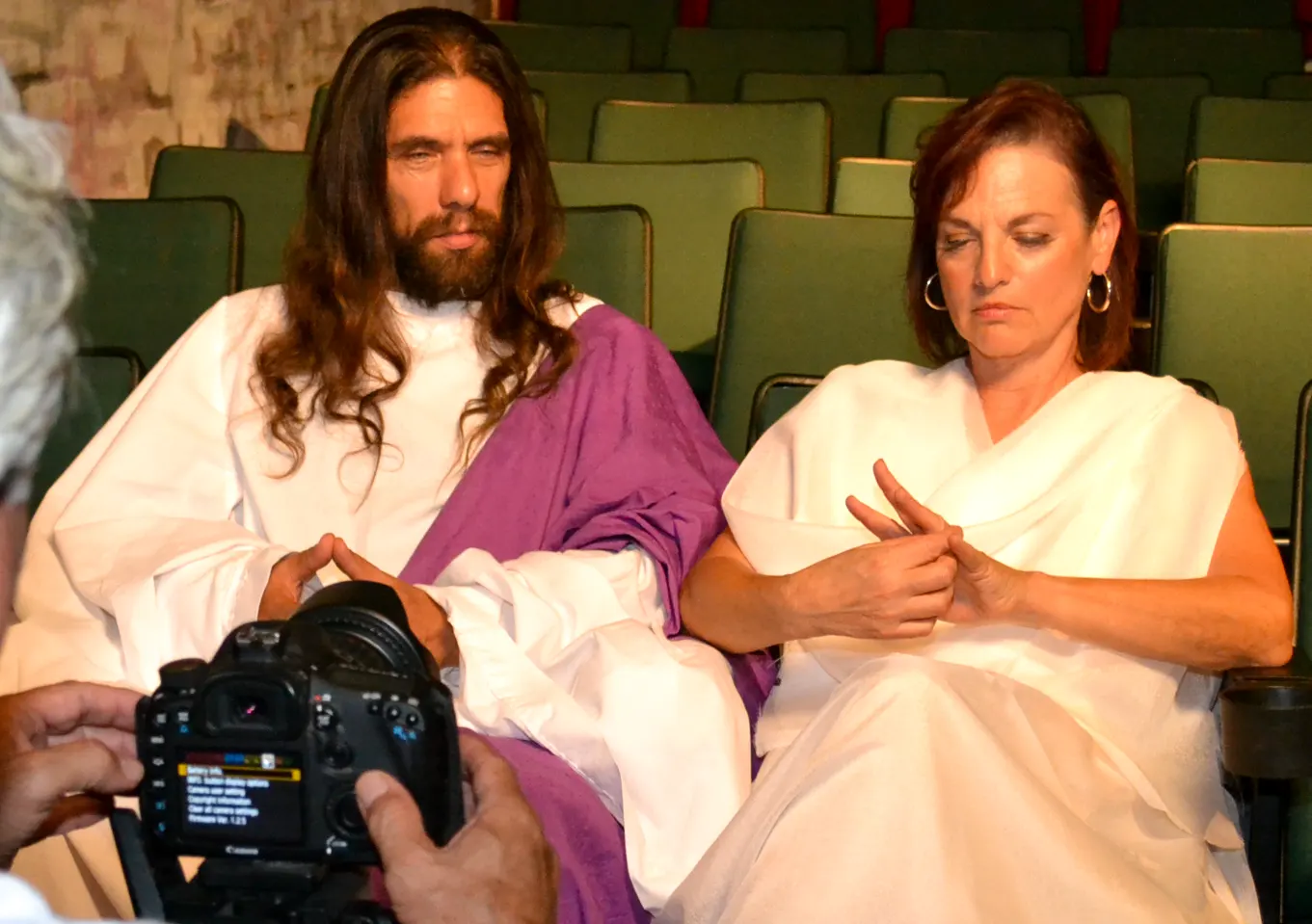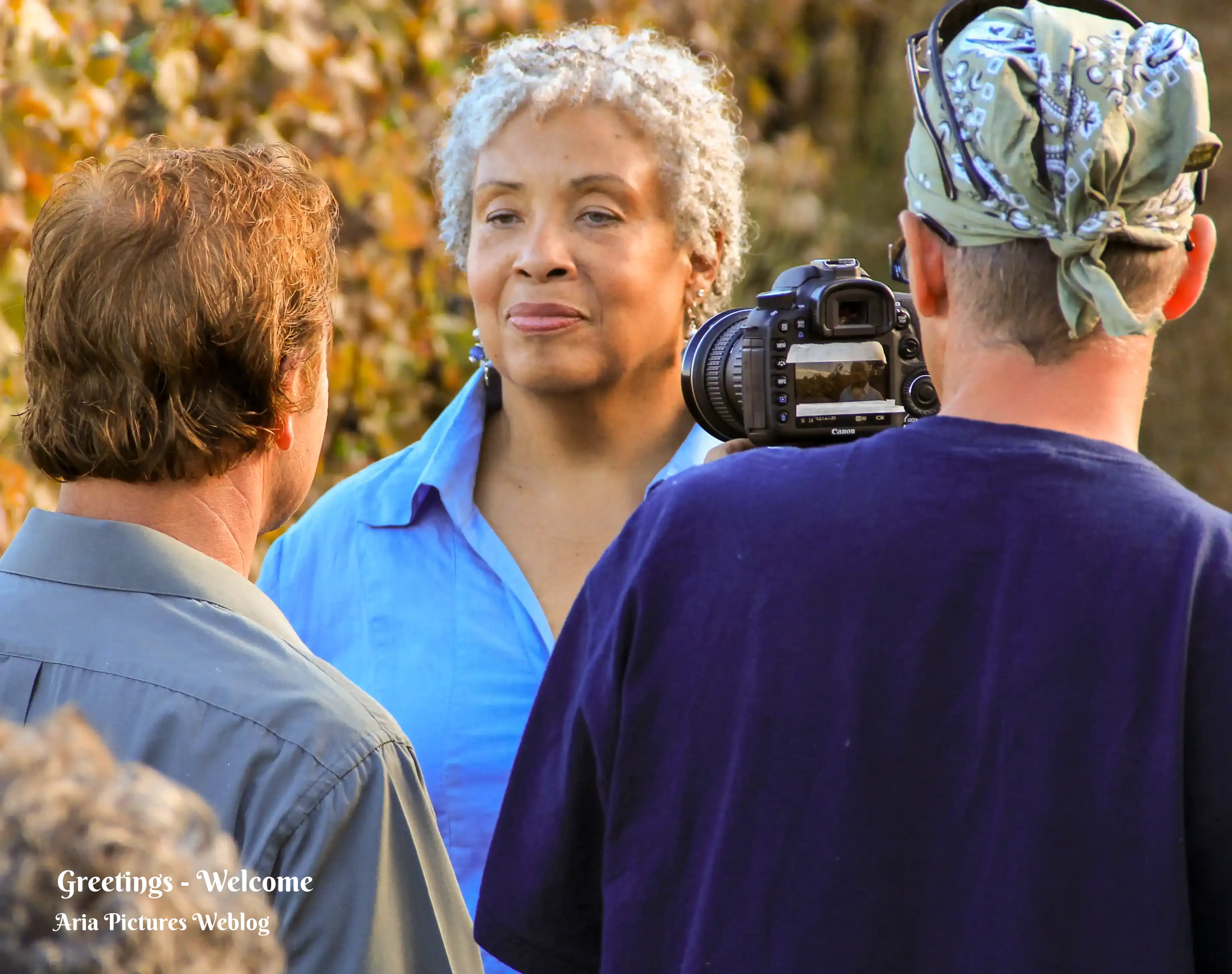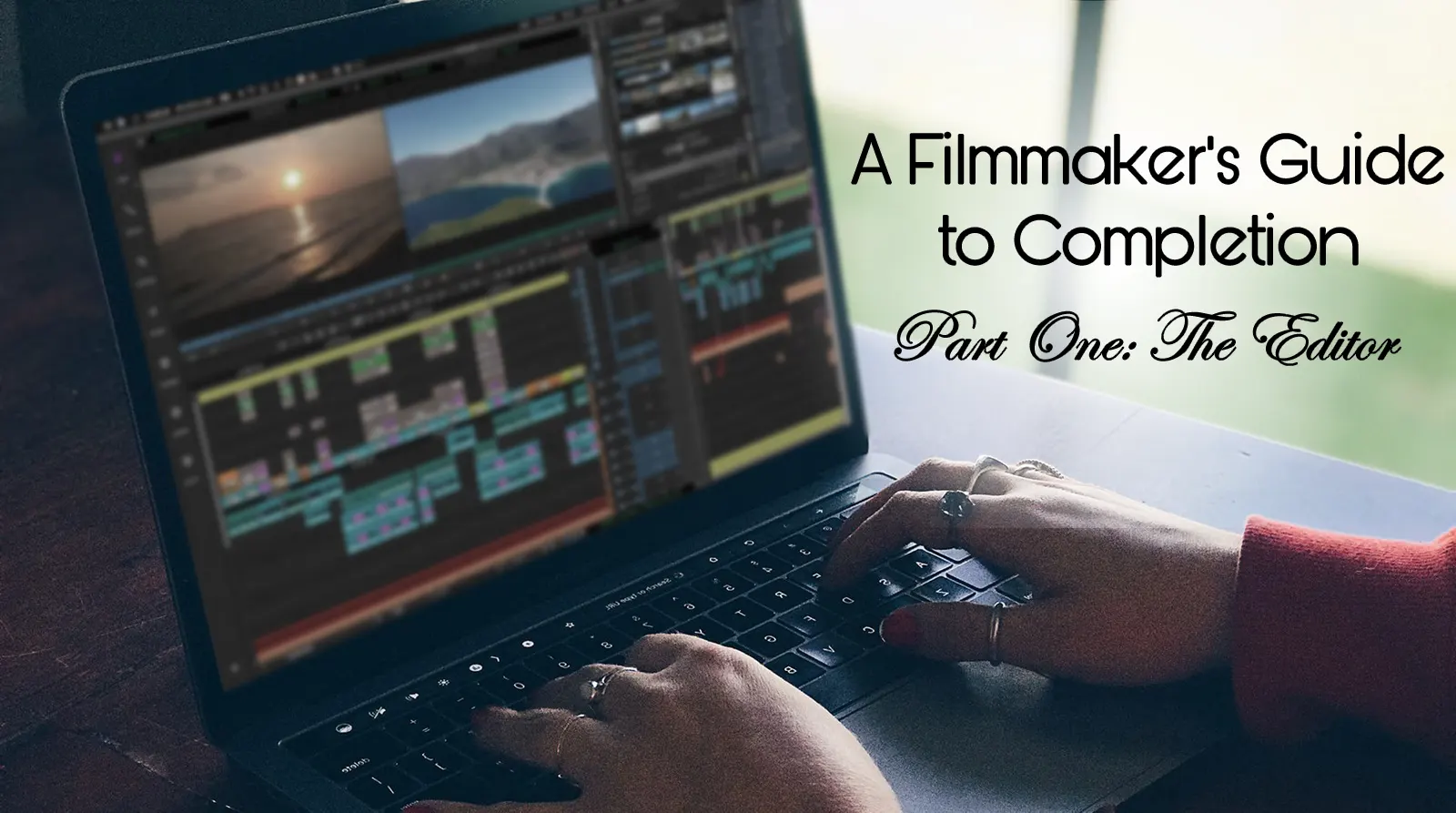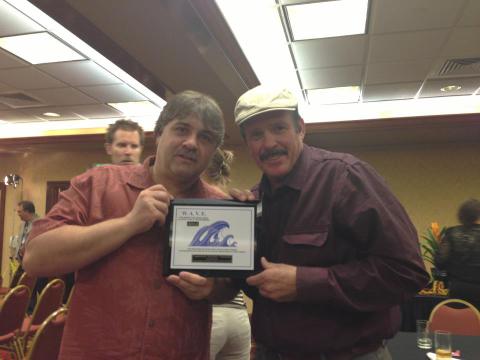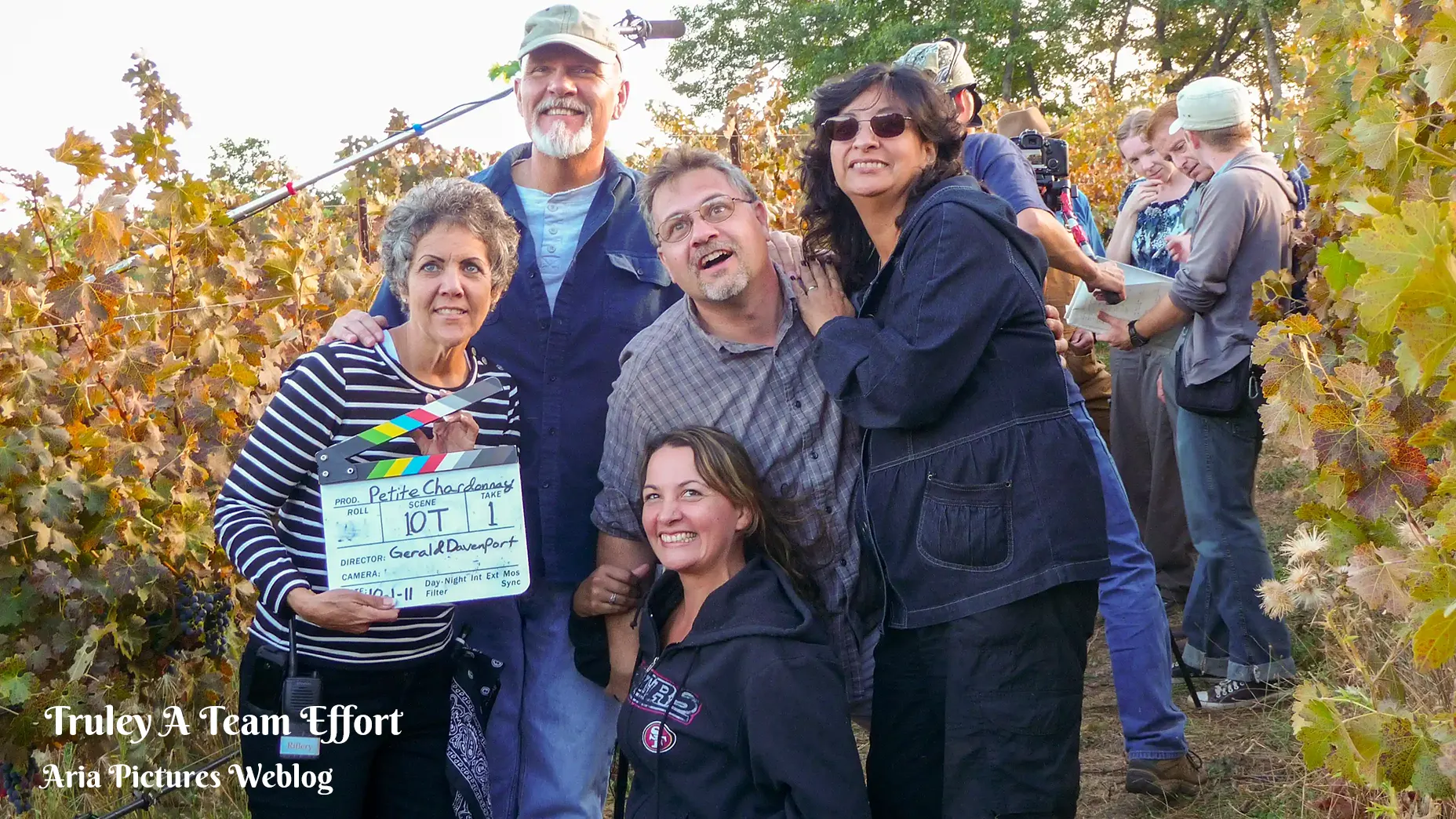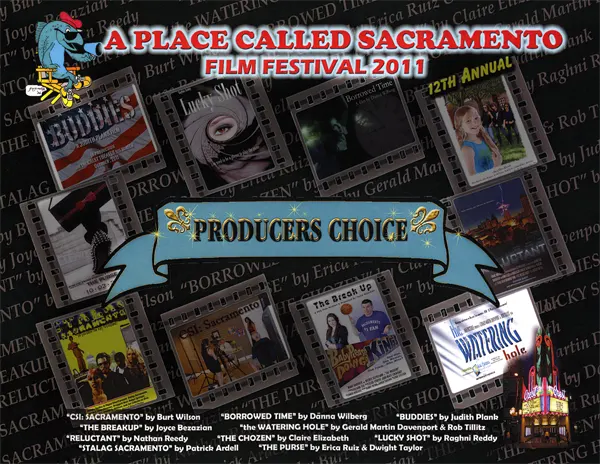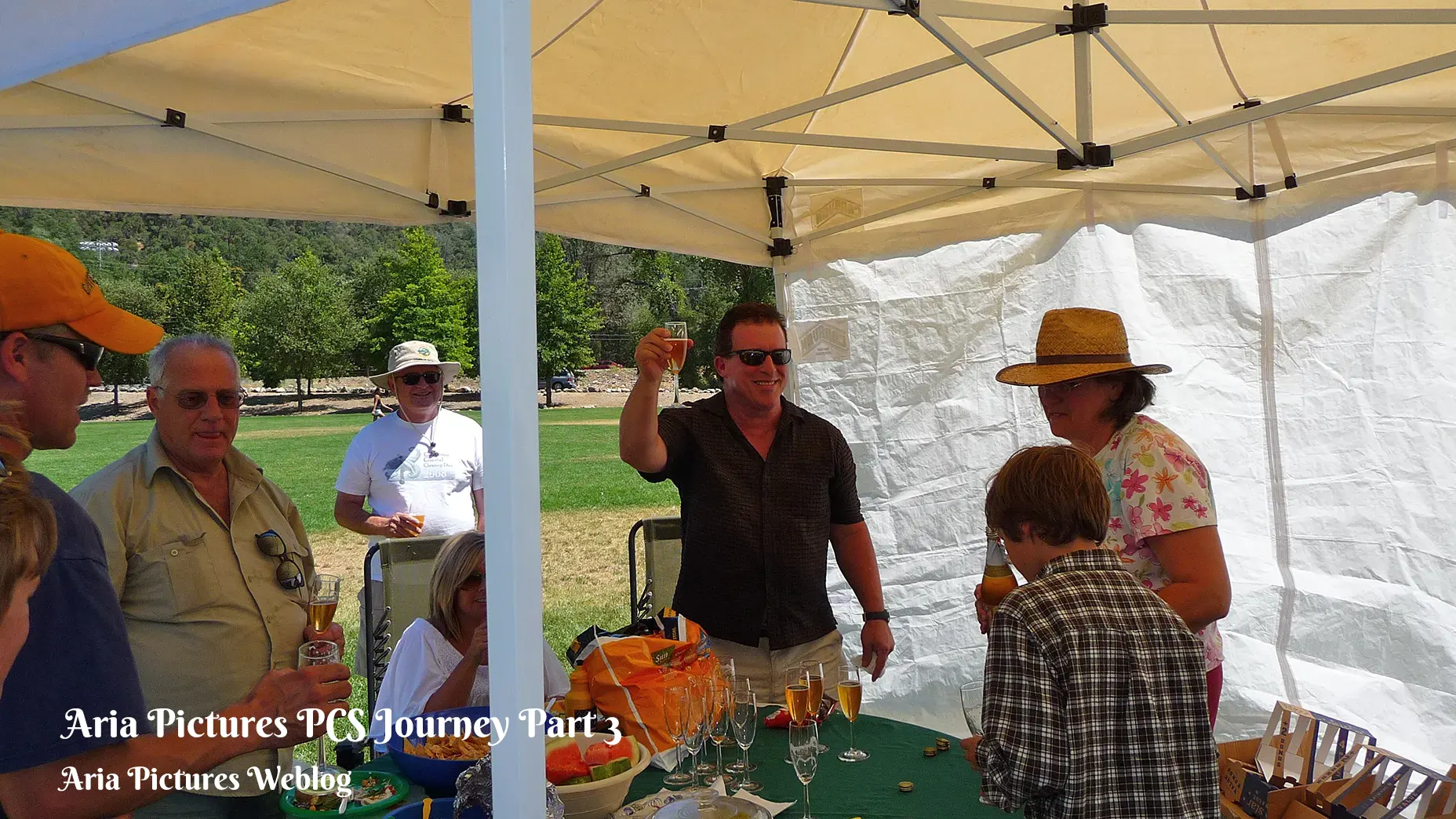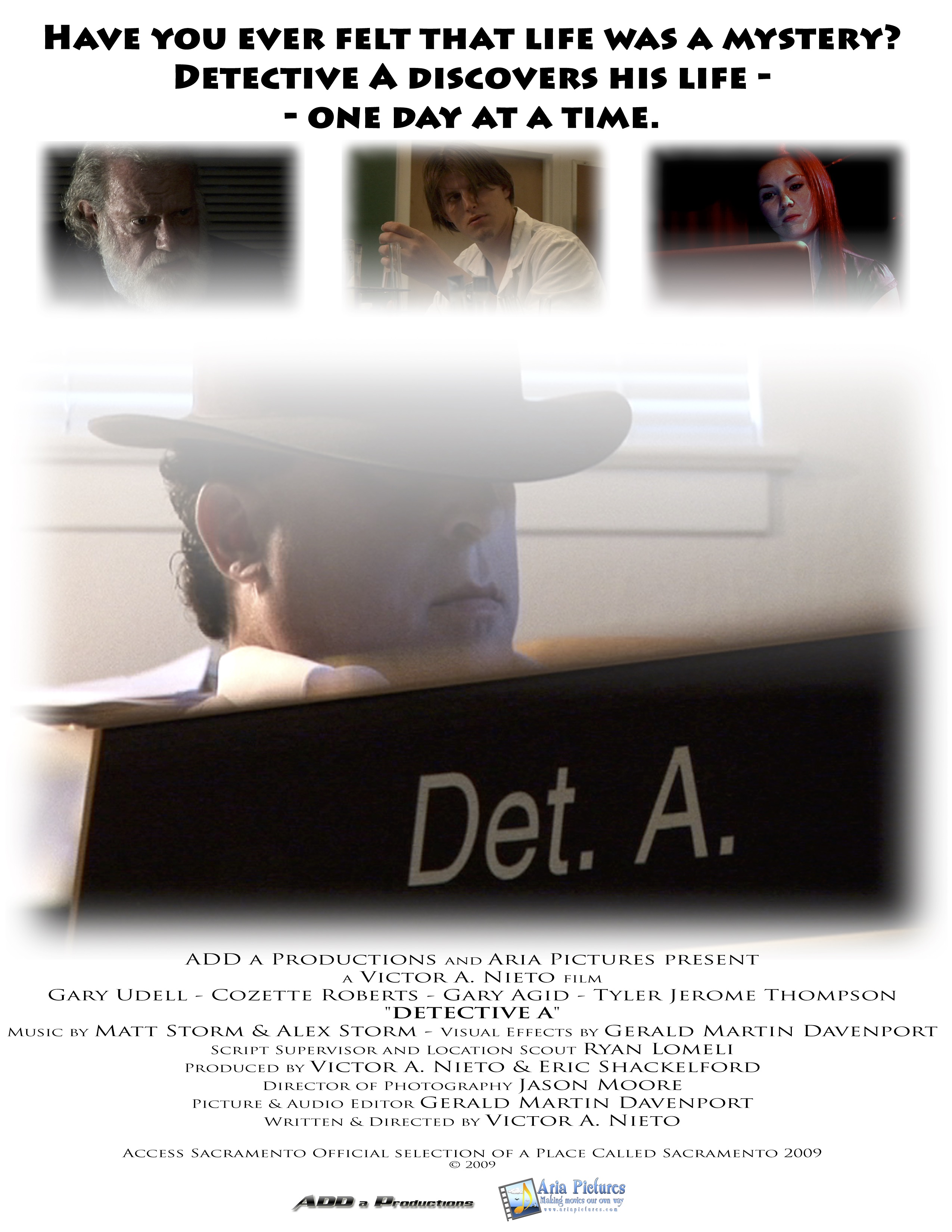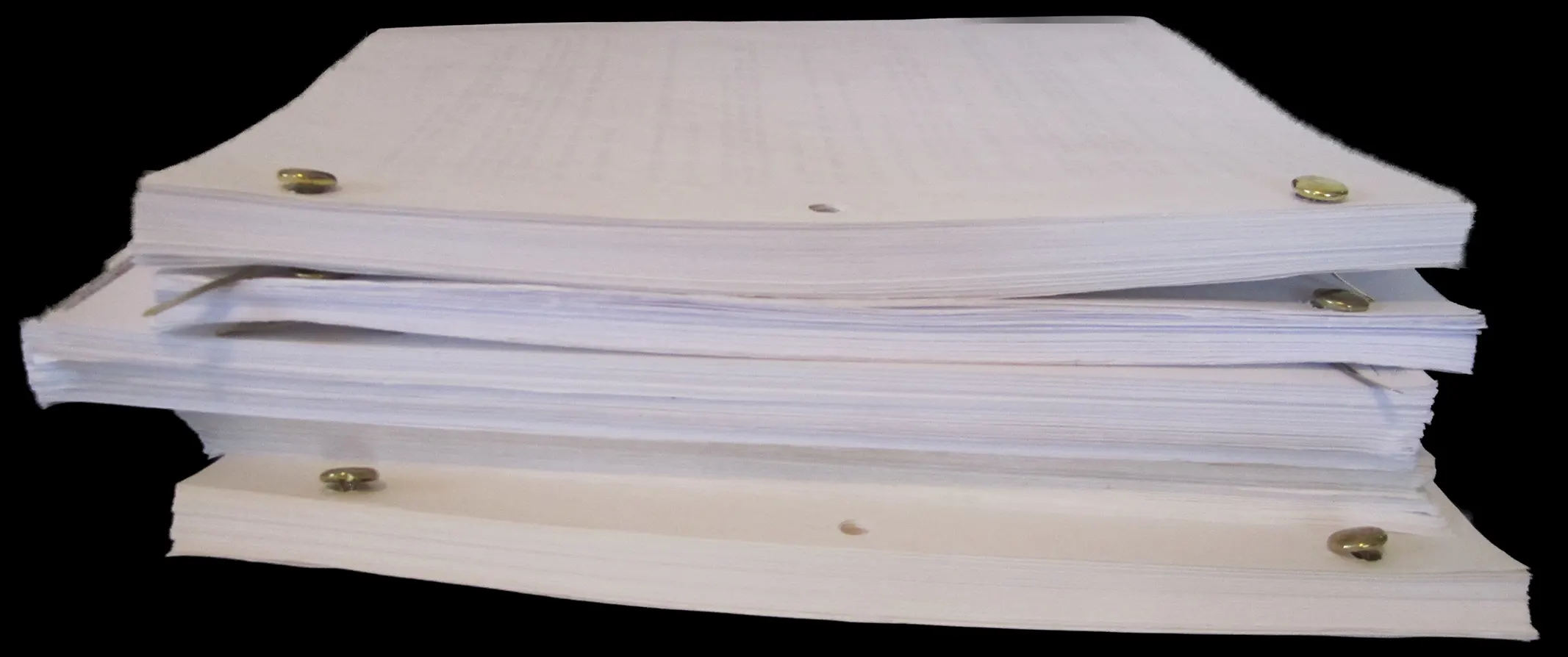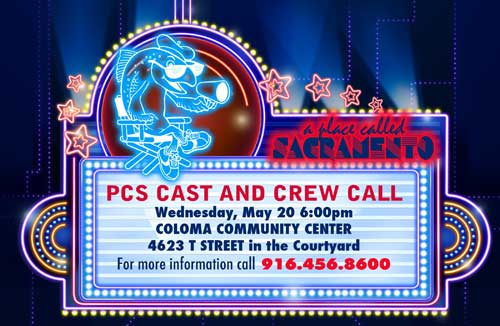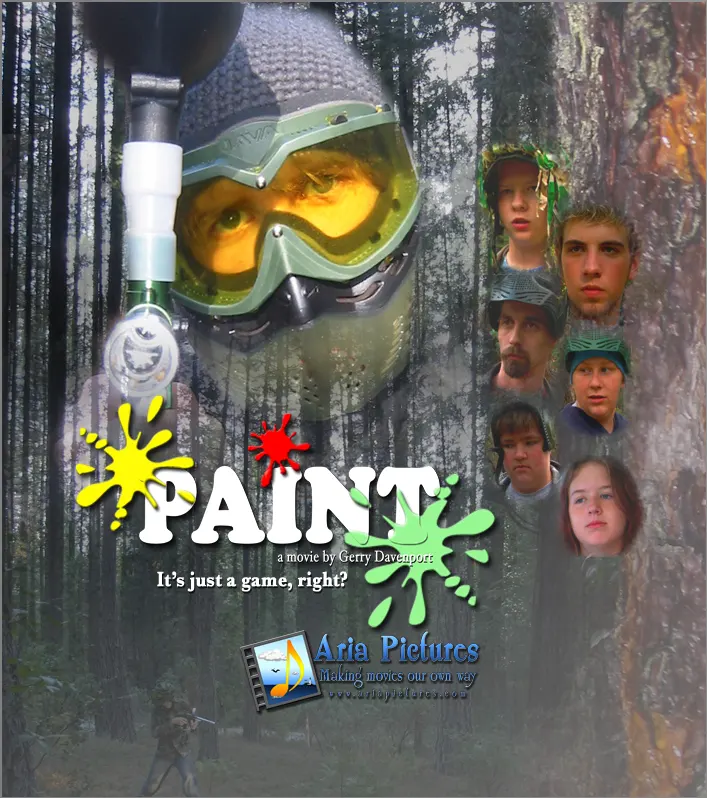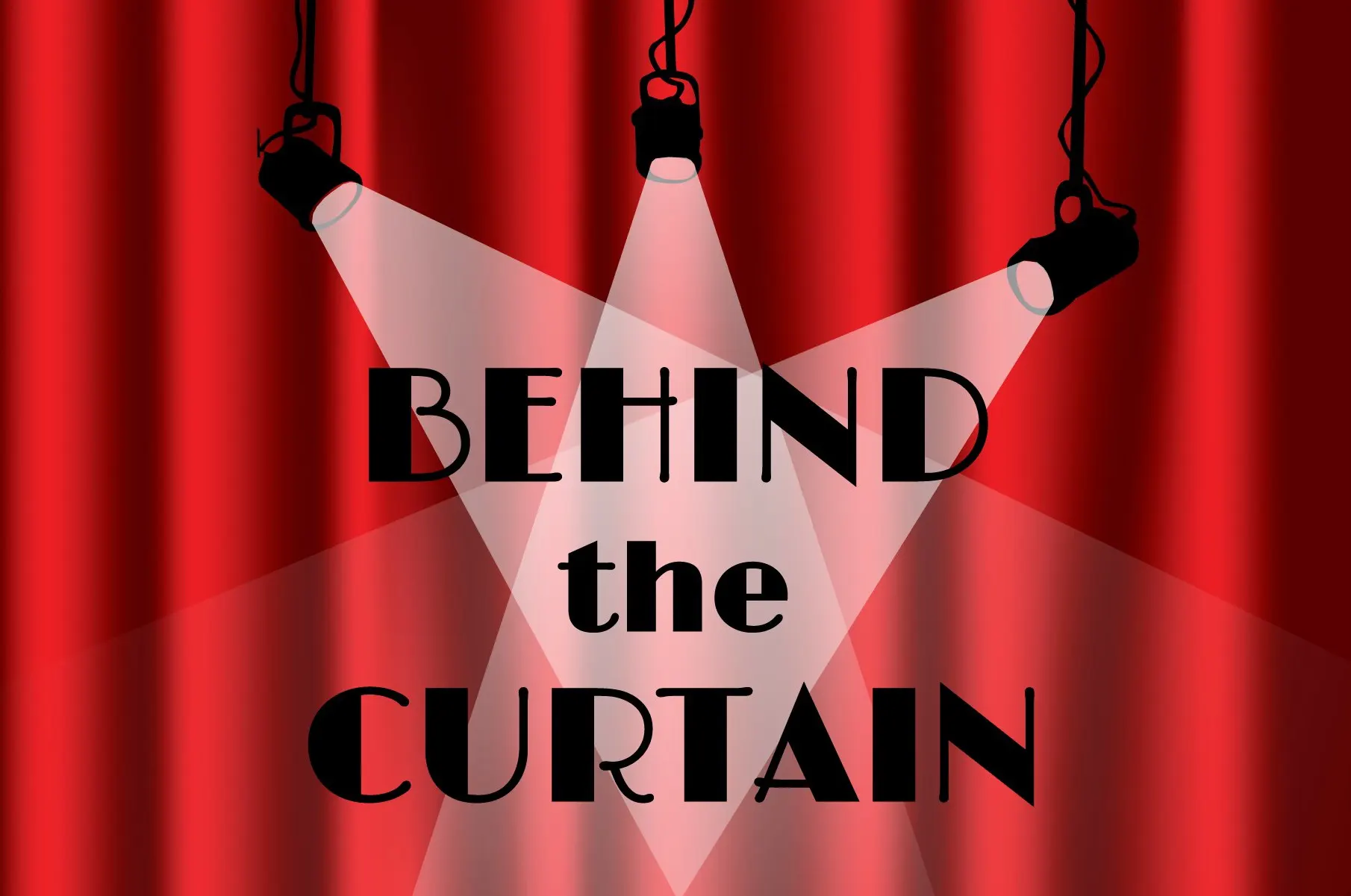Filmmaking from an Editor
By Gerald Martin Davenport on June 11, 2020, Updated November 21, 2024
Reading Time: 2 minutes
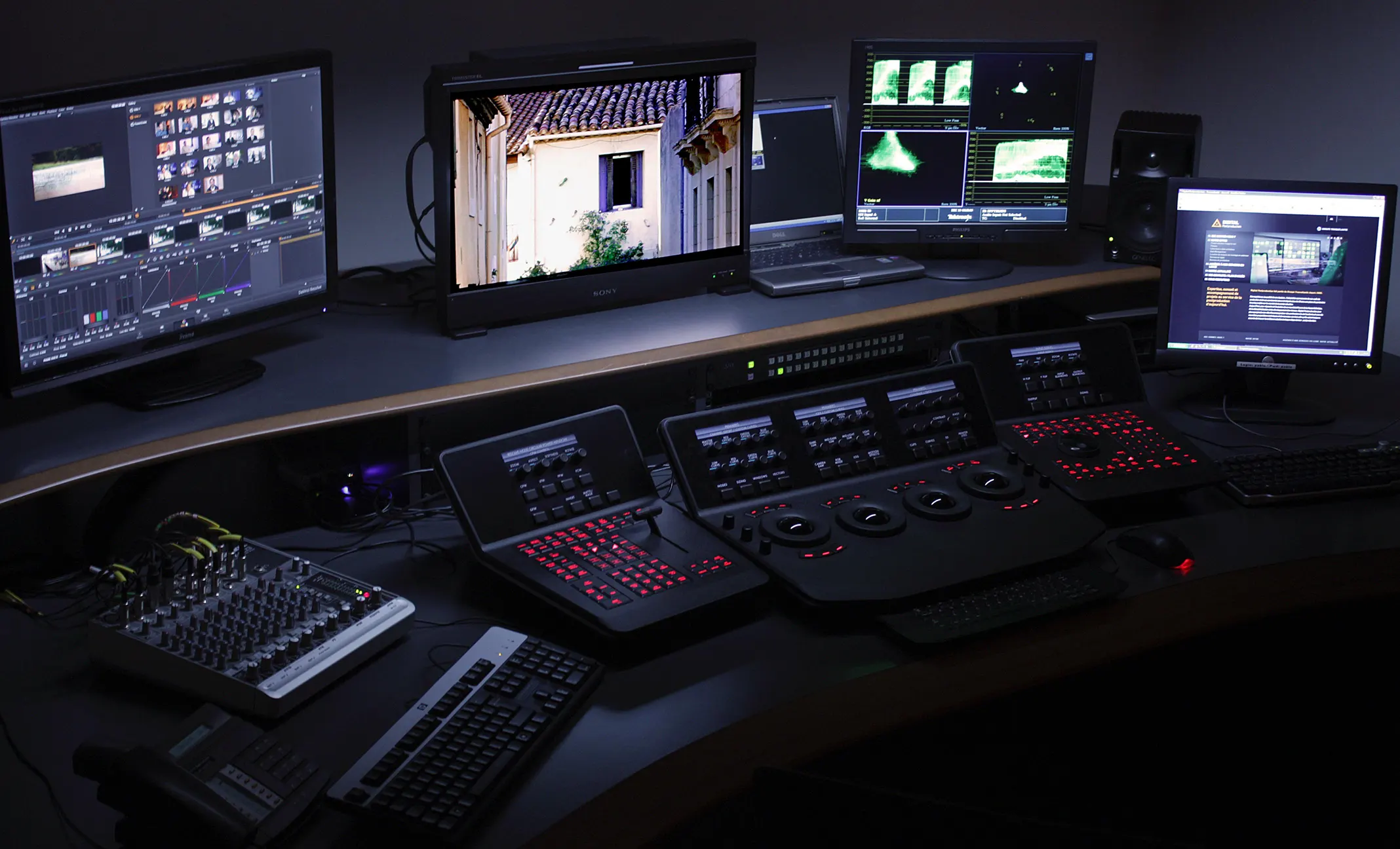
How I approach a Film / Video project
Historic Journey or Typical Path
I have a unique insight into filmmaking which started back in 1978 at the age of thirteen; watching movies differently than most people, and most kids my age who would comment on the action: how awesome, gruesome, or cool it was; I was interested in how they did it?
Instead of imagining being the hero or the villain, I imagined what it looked like from the actor’s point of view: how many people were behind the camera, what kind of camera was used, how many takes did it take to get the right one, why did the director/editor choose that particular take, why did they choose to put the camera there, who was actually in charge of making the movie?
When Star Wars came out in 1979, it just fueled the creative fire that burned to share my fever of creative materials: songs, music compositions, poetry, stories – long and short of many genres, pictures, drawings, and whatever else came to be from my hands — I wanted to to be an artist/entertainer when I was eight.
In high school, during the early ’80s, I took a video production elective and had access to film and video camera’s which I became an expert on because of my still photography experience, but it didn’t satisfy the hunger for more; the acting was not the answer, and writing helped but there had to be something more, and it was found when it was time to assemble the media — the actual action an editor does — is where I felt comfortable and my appetite was appeased. I loved the control, the ability to alter and rewrite what was imagined, written, or intended to make what was captured better, to re-envision the final product, and deliver an eye-catching statement — that is what I wanted to do.
Dead End Jobs – Follow Your Dreams
I am not one of the overly fortunate people on this planet: my parents were not wealthy, they divorced when I was twelve, I had to make my own bed and sleep in it, and I had to grow up without a childhood; I know, others have it worse, and others never got the chance to even have what I have; but on that same note, there are those that do not appreciate what they do have and more than they ever need, which is a hundred times more than me; but whining, complaining, and worrying about it does not do a damn thing but make one self-conscious, have low self-esteem, and have contempt for everyone else. I know, I lived it — still arises once in a while, but I GREW UP and stopped blaming others — something everyone should do.
Actually the title should be ‘Indie Filmmaking from an Editor’s view’, but I did not want to put Indie in the title because filmmaking is filmmaking no matter what level of budget one has; what matters is the FINAL PRODUCT, not the way you got there; although, how you take that journey does have an effect on where you end up — or what you end up with.
Editing Experience
I remember going to film school and the instructors said that I should be an editor for an up and coming director. Well, I did not like any of the directors that were attending at the same time I was — they were your typical arrogant type. And from their IMDb pages, which 2 out of 10 of them are listed, have nothing on them, if you compare it to my IMDb profile; and technically I have nothing compared to the next person.
I decided to generate my own projects to edit; I had stories I always wanted to tell, not that I considered myself as a writer, but I have entertained people with them in print.
I did not have any issues with camera angles since I have been running a camera for many years and am an avid movie watcher, so I knew what to do and what not to do, so there really was no issue for me not to make my own movie, other than getting actors and directing them, which is a whole different subject and article in itself.
What helped me along my journey is my editor knowledge and knowing, or as I say see, the finished product before it begins. I see the angles, framing, action, movement of the camera, and so much more, which helps me when I write my material, and direct other people’s films — I do not write or capture things I will not use, plus I get things that I know I will need to cut away if needed.
A good filmmaker, albeit, director, cinematographer, sound person, and other above the line positions, should have an idea of how post-production and editing work! PERIOD! It will make them a better filmmaker to make better films and have a much better time on set. Organization and preparedness are key elements in making a film.
Arrogance or Ego, I do not care what you call it or think I may be, but Editors, not the director unless the director is sitting behind the editor, but even then, we have our ways, can make or break a film, can make an actor look good or bad, and we shape the flow, pacing, and look of the movie which is what we are paid to do — some are just monkeys pushing the buttons but not me, and we get little to no appreciation, which is why, even though I might write and/or direct movies, my proudest credit next to my name is Editor.
What is in a name? Who the heck are you?
Now I am no way saying I am the end-all to everything in film production, I have no major credits to my name, not made millions on my films, my name is not a household name, nor are any of my projects, so where do I come off, and who do I think I am?
I have been on wonderfully run sets and, well, the complete opposite; there are many key factors that make a smooth production, such as, the right people, no egos, PLANNING, preparation, teamwork, listening, and the right attitude, all of these are predicated on by the RIGHT PEOPLE.
A smooth and productive set allows you to get the right takes, better performance from the actors and crew, teamwork where everyone feels – and KNOWS – they are part of the production and take ownership – work harder – pay attention – and sacrifice their time, and a camaraderie that extends into a family feel and that is priceless.
What I can give you because it is what I have delivered on every project is a smooth, organized, wonderfully ran set — same as I described above I get the right people (for the most part) — and a delivered product that people will cherish and view over and over.
On Set Memories
I remember my first project on my own (PAINT) back in 2005, I was showing 22 people at the in-law’s house because they had the room and the bigger TV, a rough version of the film and I watched their reactions which made me feel good; when it was done, there was applause and one person spoke up “That was like a real movie.”
My second project, with help from many talented Sacramento people, was THE GOLdEN TREE; Yinique Myo-Flores came to me and thanked me for making her feel like part of a family on set — everyone made her feel comfortable.
These and many more just make me feel I did something right.
Remember: Lights on for safety. even during the day
Kickstarting 'Faithball' Crowdfunding to Bring Full-Length Movie to Life
November 24, 2024
No one is knocking on my door and handing me money to make a movie, and our other ventures and campaigns did not fail, but have not yielded what we were hoping. So we are going to try crowdfunding to acquire funding to make a movie — a full-length movie/film (90+ minutes - closer to 120).
What I Learned Trying to Submit a torch to Angel Studios
September 22, 2024
Angel Studios is no different than any other 'for Profit' company. They may have started with good intentions, giving people entertainment without being belittled, having to listen to foul language, and being subjected to unholy images, but looking at them now, their doors are closed to the most accurate meaning of independent filmmakers because we are not in their elite, established content creator standing.
Finished several stories including one I started 39 years ago
July 20, 2024
I get this idea in June of 1985 to write a story about an 22 year old boy, not from earth, looking for his mother who is from earth. the boy meets two teenage boys who show him what life on earth is like for them. I started writing it by hand. If anyone knowns me, I have chicken scratch for writing — that is unfair and unkind to the chickens since you can read what they write. I borrowed a typewriter from someone, I do not remember — apologies if you are reading this...
Final Draft screenwriting software not what it used to be
July 17, 2024
Writing like the professionals? I purchased Final Draft 7 back in 2004 for $179 on Academic Superstore with an educational discount. This was back in the day that the install disk was delivered to you in a box and you had to install in from the disk. I was told that was what the professional screenwriters used in hollywood. If I want to be a professional and be taken seriously, use the tools professionals use. I was a leap for me to delve into the formatting world of writing a movie considering what I was using to write before I purchased Final Draft — a typewriter or by hand and a little with digital text documents. But none looked as cool as seeing the prose in true screenplay formatting.
Film Financing - Producer Search 2024
May 19, 2024
Our film financing, producer, and investor search began ten years ago when we felt ready to take on longer projects and the film industry; it has not stopped; it never ended. Although we are much wiser, experienced, and older, our passion, excitement, and drive have increased with the many projects we have done. We yearn to prove we can deliver a compelling, entertaining, and educational story under budget and make a cinematic masterpiece that emotionally moves the audience and wows the critics.
The Elevator – by Mark Hoffman – in production
February 9, 2021
Little Room for Justice The Elevator is an intensely emotional psycho-legal suspense film, adapted for the screen by Mark Hoffman, from a play by Bertrand Younger Choice back in 2016 through 2018 with some rewrites and additions. The Elevator is…
Filmmaking from an Editor
June 11, 2020
Filmmaking from an Editor - How to approach a Film/Video project - Historic Journey or Typical Path I have had a unique insight into filmmaking which started back in 1978 when I was thirteen; I watched movies differently than most people…
Challenge to Reality TV Show Viewers
January 22, 2017
I challenge you to watch a better class of tv shows and movies…
Aria Pictures Film Showcase 2016
February 22, 2016
Happy Birthday, Aria! | Aria Pictures Film Showcase WHEN: April 9, 2016 Theatre OPENS AT 9:00 am ENDS: 11:30 am (yes morning, the only time we can get the theatre) WHERE: DEL ORO THEATER – Grass Valley California HOW MUCH: $10AT THE DOOR: $15KIDS 8
PAINT – Full Length Movie
February 9, 2016
Dusting off our first self-produced movie - After 11 years of wanting to continue the story, it is finally time to remake the classic that went worldwide back in 2005. Yes, PAINT is getting made the way it should have been…
2016 Film Production Choices
January 3, 2016
The 2016 Film Production Choice poll is completed. If you came here to make your voice heard, we apologize that you missed it, but you did. Thanks to all who voted. The winning selection is Paint…
Film Financing – Producer – Investor Search
September 29, 2014
Aria Pictures is searching for Film financing-producer-investor-search…
Wild Outdoors Adventures with Dan Manly
August 24, 2014
Wild Outdoors Adventures with Dan Manly A New Exciting Outdoors Adventure Series Produced by Blue Heron Enterprises in association with Aria Pictures, and conceived by Director, Producer, Cinematographer, and Actor Mark Hoffman. Wild Outdoors Adventures with Dan Manly follows Dan Manly as…
National Exchange by Bruce Bradley
August 4, 2014
Bruce Bradley and Robert Stuckey’s The National Exchange The National Exchange Bruce Bradley, winemaker, and writer of Oberon’s Gold wrote The National Exchange with Robert Stuckey, a longtime restaurateur in the hospitality industry, and submitted it to the NCTV Screenplay Contest “Foothill…
Bruce Bradley’s Oberon’s Gold
June 11, 2014
Bruce Bradley’s “Oberon’s Gold” in Production Aria Pictures and BRECKPORT Media Solutions have teamed up to bring Bruce Bradley’s Oberon’s Gold to life for the Nevada County TV’s first Annual 2014 Here In Nevada County, “Foothill Films” Screenplay Contest that…
NCTV Here In Nevada County
May 27, 2014
NCTV Here In Nevada County - The Beginning - The Station Manager for NCTV came to me back in 2013 and wanted to know if I would help create, or actually emulate, Access Sacramento’s PCS screenplay contest for NCTV to generate income…
Aria Pictures PCS Journey part 5
May 13, 2014
Aria Pictures PCS Journey part 5 - THE PRODUCER “Put Your Magic in My Film!” Another writer that had a long-term with PCS is Dänna Wilberg, writer of The Push (2009), Little Thieves (2010), and Borrowed Time (2011), all of which I enjoyed…
Tragic Negligence kills Camera Assistant
February 25, 2014
Accident okay. But Tragic Negligence? This was brought to my attention today, and I was appalled at the negligence that appears that took place on Thursday, February 20, 2014, killing Sara Jones, a Second Camera Assistant on the apparent illegal…
Screenwriting Contest
February 9, 2014
Here in Nevada County Screenwriting contest Nevada County TV launches, as it says in the article, their first annual Screenplay contest, and Screenwriting Class offerings. Screenplay Writing class: become a skilled screenwriter for fun — or try your luck at…
10 Secrets of Independent Film
January 30, 2014
The original article was written by Elliot Grove for Rain Dance FilmFestival (no date on when it was posted): I have altered it a bit to reflect my views, knowledge, and opinions about Film Festivals and Independent Filmmaking, these are…
Emotional Attachment to Entertainment
January 29, 2014
Just finished watching Season 8, the Final Season, of Dexter, last night (Tuesday, January 28, 2014) with Tamara, and had an emotional crash…
Do not be afraid of Auto ISO
January 16, 2014
We have all run into this scenario before, going from a well-lit place to a dark place and trying to figure out how to adjust to compensate for the lighting conditions. It just so happened that I found myself in…
Greetings – Welcome
January 13, 2014
Greetings – Welcome to this new WEBLOG concentrating on “All Aspects of Filmmaking.” From the minds of Independent and Professional Filmmakers, Actors, Composers, Musicians, and Effect Artists, with everyone else in between, to share their adventures in the journey of…
A Filmmaker’s Guide to Completion - Part One: The Editor
November 17, 2011
Most people think the important thing when making a movie is having a Camera — which may have some validity. Some believe you need to have a good story before you begin — and yes, a good story is a crucial element; some feel the acting is most important when making a movie — and again, acting is also a relevant part of making a movie — good or bad — but none of those compare in importance to knowing how you are going to finish the movie, such as the media format, the editing system, music, audio and video effects, the output format, and most of all THE EDITOR.
the WATERING hole winner of the Producer’s Choice Award
October 5, 2011
It came as a huge surprise and I am still dumbfounded that my fellow filmmakers chose “the WATERING hole” as their favorite out of all ten movies for the 2011 Place Called Sacramento film festival. I am truly honored to…
Truly A Team Effort
October 1, 2011
DATELINE Saturday, October 1, 2011 LOCATION On set of Petite Chardonnay at Lucchesi Vineyard & Winery, Grass Valley, California I spent over an hour contemplating a philosophical essay to explain my life and what this movie means to me; but…
Aria Pictures PCS Journey part 4
September 30, 2011
Aria Pictures PCS Journey Part 4 the WATERING hole & BUDDIES 2011 - 3 Submissions [ Read more detailed information about the WATERING hole on Aria Pictures Film Encyclopedia ] [ Read more detailed information about BUDDIES on Aria Pictures Film Encyclopedia…
Aria Pictures PCS Journey part 3
October 20, 2010
Aria Pictures PCS Journey part 3 - THE GOLdEN TREE [ Find more detailed information on THE GOLdEN TREE in the new Aria Pictures Film Encyclopedia ] 2010 THE GOLdEN TREE On the evening of Wednesday, May 20th, 2009 after attending the…
Aria Pictures PCS Journey part 2
October 21, 2009
Aria Pictures PCS Journey part 2 - Detective A 2009 Detective A by Victor A. Nieto [ more detailed information can be found in the new Aria Pictures Film Encyclopedia ] I got a call a few days after the Cast &…
Paint & World Next Door Screenplays Are Ready
May 28, 2009
Spent many hours, days, and months rewriting rewriting to get the right taste, the right flavor, and the perfect mix and balance of emotions and action — in my mind I have succeeded — but the judges have the final say.
Aria Pictures PCS Journey part 1
May 22, 2009
Aria Pictures PCS Journey part 1 - Place Called Sacramento The detailed story of the places, people, events, and films. Introduction to Access Sacramento – 2009 [ more detailed information can be found in the new Aria Pictures Film Encyclopedia…
Paint: Aria Pictures First film Production
March 25, 2006
Paint – First Production for Aria Pictures Hot out of the gate graduating from Video Symphony, wanted to put what I learned to practical and real use, I made PAINT, a short, short 19-minute movie about beginners’ luck in paintball…
Behind the Curtian
December 24, 2022
No, No, I am not a wizard behind the curtain, though some have called me that; I am just a man with a passion and talent for making films.

